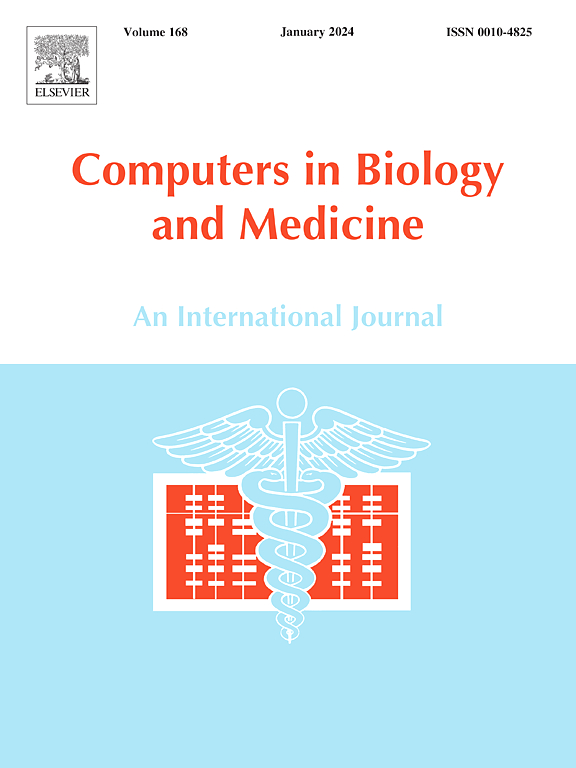Real-time health monitoring by examining the role of next-generation elements in a medical app
IF 7
2区 医学
Q1 BIOLOGY
引用次数: 0
Abstract
The healthcare sector is undergoing a profound transformation driven by the rapid rise in healthcare applications (mHealth apps), which are becoming integral to how patients manage their health. This paper examines the role of next-generation technologies such as Blockchain, the Internet of Things (IoT), Artificial Intelligence (AI) and Machine Learning (ML) in enhancing healthcare applications, specifically in telemedicine, health tracking and medical delivery. The research is motivated by the dramatic surge in mHealth app usage, particularly following the COVID-19 pandemic and the growing demand for digital solutions to improve patient care. By conducting a comprehensive analysis of existing healthcare apps, this study evaluates their functionalities, user engagement and adoption rates. It finds that integrating advanced technologies significantly improves the user experience, enhances operational efficiency and increases adoption rates among patients and healthcare providers. These technologies facilitate appointment scheduling, health monitoring and access to medical records, ultimately enabling users to manage wellness goals and illnesses more effectively. Furthermore, they streamline healthcare operations, making them more efficient and cost-effective. The paper highlights the transformative potential of integrating these technologies into healthcare apps, which can greatly improve patient care outcomes and pave the way for future innovations in digital health solutions. Through qualitative and quantitative assessments, this study provides valuable insights for developers and healthcare professionals looking to optimize the effectiveness and adoption of digital health applications.

通过检查下一代元素在医疗应用程序中的作用进行实时健康监测
医疗保健行业正在经历一场深刻的变革,其驱动因素是医疗保健应用程序(移动医疗应用程序)的迅速崛起,这些应用程序正在成为患者管理自己健康的不可或缺的一部分。本文探讨了区块链、物联网(IoT)、人工智能(AI)和机器学习(ML)等下一代技术在增强医疗保健应用方面的作用,特别是在远程医疗、健康跟踪和医疗交付方面。这项研究的动机是移动医疗应用程序使用量的急剧增加,特别是在COVID-19大流行之后,以及对改善患者护理的数字解决方案的需求不断增长。通过对现有医疗保健应用程序进行全面分析,本研究评估了它们的功能、用户参与度和采用率。研究发现,集成先进技术显著改善了用户体验,提高了运营效率,并提高了患者和医疗保健提供者的采用率。这些技术有助于预约安排、健康监测和访问医疗记录,最终使用户能够更有效地管理健康目标和疾病。此外,它们简化了医疗保健操作,使其更高效、更具成本效益。该报告强调了将这些技术整合到医疗保健应用程序中的变革潜力,这可以极大地改善患者护理结果,并为未来数字医疗解决方案的创新铺平道路。通过定性和定量评估,本研究为希望优化数字健康应用程序的有效性和采用的开发人员和医疗保健专业人员提供了有价值的见解。
本文章由计算机程序翻译,如有差异,请以英文原文为准。
求助全文
约1分钟内获得全文
求助全文
来源期刊

Computers in biology and medicine
工程技术-工程:生物医学
CiteScore
11.70
自引率
10.40%
发文量
1086
审稿时长
74 days
期刊介绍:
Computers in Biology and Medicine is an international forum for sharing groundbreaking advancements in the use of computers in bioscience and medicine. This journal serves as a medium for communicating essential research, instruction, ideas, and information regarding the rapidly evolving field of computer applications in these domains. By encouraging the exchange of knowledge, we aim to facilitate progress and innovation in the utilization of computers in biology and medicine.
 求助内容:
求助内容: 应助结果提醒方式:
应助结果提醒方式:


